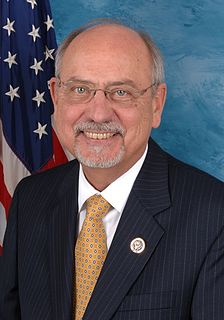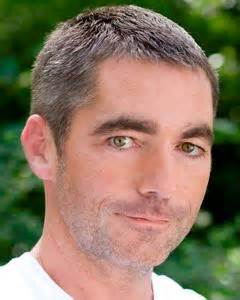A Quote by Adam Hochschild
Some 2,800 Americans went to Spain [during the Spanish Civil War], and it was, by far, the largest number of Americans before or since who've ever joined somebody else's civil war. I think they were primarily people who were deeply alarmed by the menace of fascism. They saw this on the horizon. I quote one volunteer, Maury Colow of New York, who said, "for us it was never Franco, it was always Hitler."
Related Quotes
I think in many ways, the Spanish Civil War was the first battle of World War II. After all, where else in the world at this point did you have Americans in uniform who were being bombed by Nazi planes four years before the U.S. entered World War II? Hitler and Mussolini jumped in on the side of Francisco Franco and his Spanish nationalists, sent them vast amounts of military aid, airplanes, tanks - and Mussolini sent 80,000 ground troops as well - because they wanted a sympathetic ally in power. So I think it really was the opening act of World War II.
I went through the communist children's movement at the age of nine, in 1930, and into the Young Communist League in 1936. The Spanish civil war brought me back. I'd already broken with the communists - or the Stalinists, more precisely - in 1935. But the civil war in Spain and the desire to aid the remarkable people struggling against Fascism brought me back to the Young Communist League, so that I could effectively participate, however far removed from Spain, in their struggle. By 1938 I was ready to be expelled. By 1939 I was expelled.
After the Spanish Civil War against Franco, a group of us got together: a group of well-to-do people who were sympathetic to the lost cause of a Republican state. We bought a convent in Toulouse and converted it into a hospital run by the Unitarians. It took care of the Spanish refugees who fled to Toulouse.
When I was arrested opposing the war in Vietnam in 1965, as I said about 20 or 30% of people were opposed to the war. By 1968, more than half of Americans were opposed to the war. If you pull in Europeans, Canadians, people from around the Third World, the war was vastly unpopular. But even half of Americans by 1968 opposed the war.
For over two centuries, each generation of Americans before us confronted and solved problems. They embraced opportunities and Americans have never had it easy. This was a nation founded by declaring independence for the most powerful empire in the world. This was a nation that faced a divisive and bloody civil war, two great world wars, a long cold war.
It is often said that Americans have no sense of history. Ask a college student who Jimmy Carter was and they will likely reply that he was a general in the Civil War, which occurred in 1492, when Americans dumped tea into the Gulf of Tonkin, sparking the First World War, which ended with the invasion of Grenada and the development of the cotton press.





































